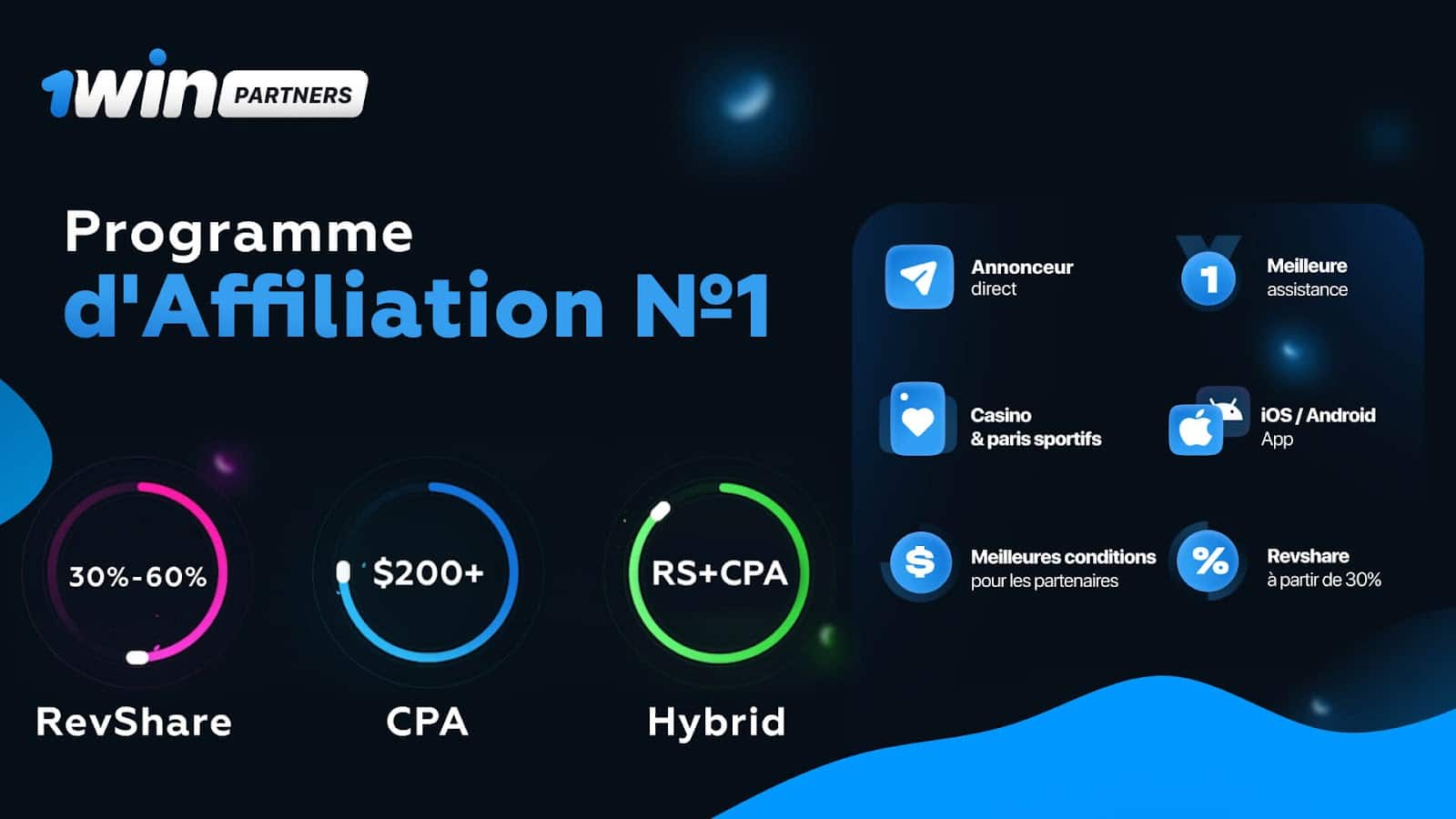Link Daftar slot bandito pg soft Online Resmi di Indonesia Uang Asli 2024
Ini perlu dilaksanakan jika kita sebagai pemain situs link slot online harus waspada saat memilih situs slot gacor mudah jp apa aman dan terpercaya. Janganlah sampai kita terperosok dengan bisikan-bisikan atau orang yang cuma menebarkan informasi bikin rugi untuk kita, pada situs judi slot online bertanggungjawab penuh atas keamanan data dan uang member.
Tidak butuh kuatir main di situs yang aman ini karena telah mempunyai cap resmi dan bisa memakai uang asli, tentunya aman berbisnis di sini anda tidak butuh takut kehilangan uang atau pencairan dana anda terhalang atau mungkin tidak dibayar, karenanya cuma dilaksanakan oleh pelaku situs judi online di luar sana.
Karena disitus ini benar-benar terseranglnya dengan mudah jackpot karena itu berapa saja kemenangan anda tentunya akan dibayarkan secara langsung dan tunai. Tidak ada kata terlambat karena loyalitas kami selalu beri yang terbaik bukan hanya tentang game slot gacor tapi juga semua servis dan kenyamanan akan di kerahkan cepat 24jam.
Ada pertanyaan adakah link slot resmi yang tersebar diinternet, di sini kami terangkan jika Link slot88 online gacor mudah jp memang benar ada dan jadi situs jili slot online yang sediakan mesin game asli, tingkat menangnya di atas rerata dibanding situs yang lain.
Bisa dibuktikan dari banyak member yang bisa memenangi jackpot maxwin sehari-harinya dengan deposit murah uang asli, Mudah-mudahan ini terjadi pada anda ya.
Dengar beberapa hal tentang situs slot online gacor mudah jp ini semestinya kamu tidak butuh sangsi untuk coba bermain di sini, Betul-betul terjaga aman telah resmi bekerja bersama dengan provider terbesar di dunia slot88 gacor dan tidak butuh malu karena pada intinya kemenangan tentu akan ditolong.
Daftar Provider Link slot bandito pg soft Online Gacor Jackpot Besar
Dalam analisa dari pemain dengan pengalaman terbaik kami situs slot online gacor mudah jp selalu memakai data terang dan mengeluarkan prosentase angka tepat yang telah ditest tingkat menangnya. Tentunya ini jadi berita baik untuk kita, Kami banyak tersedia pilihan provider yang mendatangkan game taruhan judi online slot resmi terpenting sekarang ini. Akan tapi dari semua pilihan yang terdapat, kita perlu memilih beberapa yang terbaik. Dan untuk pemula tentu saja membuat kamu ketidaktahuan saat tentukan satu situs yang patut untuk kamu.
Banyak slotter Indonesia Pragmatic play tentu saja harapkan situs slot resmi. Istilah gacor dikenal sebagai permainan yang memiliki winrate rtp tertinggi. Makin besarnya prosentase tingkat kemenangan maknanya makin gacor situs slot resmi tersebut. Maka dari itu, situs judi online akan memberikan informasi penting ke kamu saat tentukan game slot gacor bonus lengkap hari ini 2024. Keuntungan dari informasi ini memungkinkan kamu memenangkan banyak jackpot slot88 terbesar dan auto menjadi sultan cukup hanya lakukan spin mesin slot resmi.
slot bandito pg soft Online Gacor Pragmatic Play
Bila mengulas judi slot terpercaya yang paling terbaik sekarang ini, sudah tentu jawabnya ialah Pragmatic Play. Bahkan juga sampai saat ini situs judi slot online Pragmatic Play telah mempunyai 300 lebih mesin slot yang bisa Anda mainkan. Di mana semua game slot resmi dari agen ini sudah dipastikan mempunyai angka kemenangan capai di atas 98% yang salah satunya yakni, slot gacor hari ini gates of olympus, mahjong ways 2 dan Starlight Princess.
slot bandito pg soft Online Gacor CQ9
Provider besar seterusnya adalah CQ9 sebagai satu diantaranya daftar situs judi online slot gacor mudah jackpot yang terpopuler di dunia terutama di Asia dan Indonesia. Game slot CQ9 lumayan lama ada diindustri taruhan game online hingga permainan yang dibuatnya berikan peluang kemenangan winrate paling tinggi dan setiap game mempunyai kualitas grafis slot yang paling terbaik.
slot bandito pg soft Gacor Online Microgaming slot bandito pg soft
Provider situs slot online yang sudah berdiri untuk saat betul-betul lama yaitu sejak tahun 1994 ini mempunyai banyak permainan slot gacor online dengan kemenangan besar. Dengan kemenangan besar dan gampang menang, Microgaming ialah favourite untuk semua pemain judi online.
Daftar Situs Judi Online slot bandito pg soft Gacor Gampang Menang Malam Ini
Malam hari ini akan ada jackpot yang disebar untuk beberapa member setia situs bandar terbesar, anda berkesempatan besar mendapatkan kemenangan yang semakin lebih optimal daripada bermain disitus lain alias situs bodong. Kamu cukup mempunyai 1 id account game karena itu kamu telah bisa bermain slot resmi dan terjaga menang malam hari ini.
Sebagai situs slot88 terlengkap tentu saja mempunyai banyak beberapa ratus type game yang bisa kamu mainkan dan tentu saja berikan keuntungan semua member. Selain link slot online, ada pula judi bola, live casino online, dan poker online. Pemain dapat suka bermain sesuai dengan selera dan kemampuan masing-masing. Agen situs slot gacor tawarkan 20 provider terbaik di dunia dan kamu tak perlu meragukannya lagi kualitas provider yang kami tawarkan.
Akan kami bahas sedikit tentang servis pada situs slot terpercaya yang resmi kami percaya tidak ada yang lebih bagus dari situs slot online ini. Kamu benar-benar untung temukan situs portal ini, karena secara bermain di sini kamu tidak akan dirugikan, kemenangan winrate di atas rerata sampai capai 98%.
Perlu kamu tahu, situs slot gacor lainnya yang tidak 100% layani dengan segenap hati, layanan customer kami akan layani kamu seperti raja, betul-betul sopan dan servis baik prima, bila ada layanan customer tidak sopan Pemain mempunyai hak lakukan komplen dan adukan ke team berkaitan. Customer servis kami selalu waspada layani kamu sepanjang 24 jam.
Daftar Situs slot bandito pg soft Gacor Online Terpercaya 2024
Ada banyak situs slot gacor yang tawarkan beragam permainan judi slot online, karena itu kamu akan ketidaktahuan dalam menetukan situs yang akurat. Dalam masalah ini penting untuk kamu cari dan tentukan permainan slot online resmi dan terpercaya. Sebagai agen situs slot gacor terpercaya pasti kami telah menyedikan beragam pilihan itu yang seterusnya kmau sendiri yang tentukan. Berikut beberapa referensinya:
1. Situs slot bandito pg soft Gacor Online Joker123
Nama joker123 sudah terkenal sudah lama sebagai satu penyedia game slot online dan gampang menang. Kamu bisa mencoba tentukan bermacam type pilihan game slot gacor di dalamnya. Misalkan, kamu bisa mainkan game judi slot online Roma, dll;. Selainnya slot, kamu bisa coba bermain permainan lain seperti casino dan tembak ikan.
2. Situs slot bandito pg soft Online Gacor Pragmatic Play
Nama pragmatic play familier dan terkenal. Kamu bisa memilih untuk bermain game slot bersama pragmatic play agar bisa mendapatkan dan meraih kemenangan mudah. Pilihan game gacor ada juga di dalamnya sabanyak dan kamu bebas untuk tentukan permainan sama sesuai kegemaran dan minat yang kamu sukai.
3. Situs slot bandito pg soft Gacor Online Microgaming
Microgaming adalah pilihan provider slot online gacor paling tua di antara pilihan provider slot yang sudah ada saat ini. Pasalnya memang provider judi slot online ini sudah berdiri sejak tahun 94, dan hingga kini masih tetap berdiri. Ada banyak juga sebetulnya pilihan permainan baru yang diperkembangkan setiap waktu dan pada akhirannya ada bermacam pilihan permainan dengan jenis tema menarik.
4. Situs slot bandito pg soft Online Gacor Spadegaming
Spadegaming mendatangkan pilihan permainan game slot paling hebat dan kekinian dengan pilihan koleksi permainan yang super lengkap. Kamu dapat tentukan dan coba jenis pilihan game judi slot terpercaya dan terbaik di dalamnya. Bahkan juga banyak juga pilihan game slot gacor gampang menang mudah untuk dimenangi.
5. Situs slot bandito pg soft Gacor Online Habanero
Habanero slot menjadi satu diantara unggulan terbaik yang seterusnya bisa digunakan oleh beberapa pemain karena seterusnya di sini kamu dapat dapat beberapa keuntungan. Bermain slot online bersama habanero memungkinkannya kamu untuk mendapatkan dan mencetak kemenangan dengan gampang dan keuntungan yang besar. Banyak pilihan permainan baru dengan tingkat kemenangan yang tinggi yang dijajakan.



